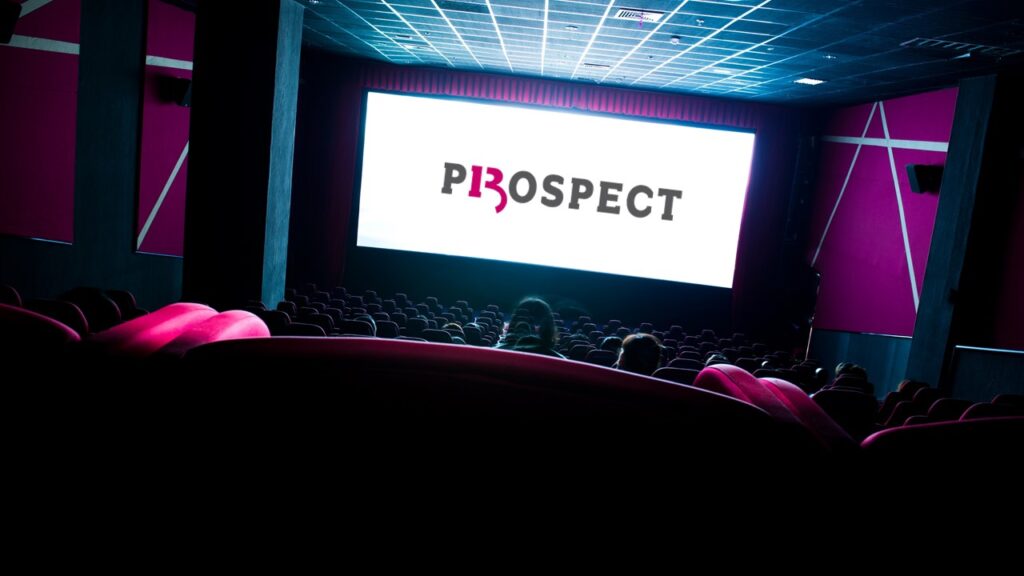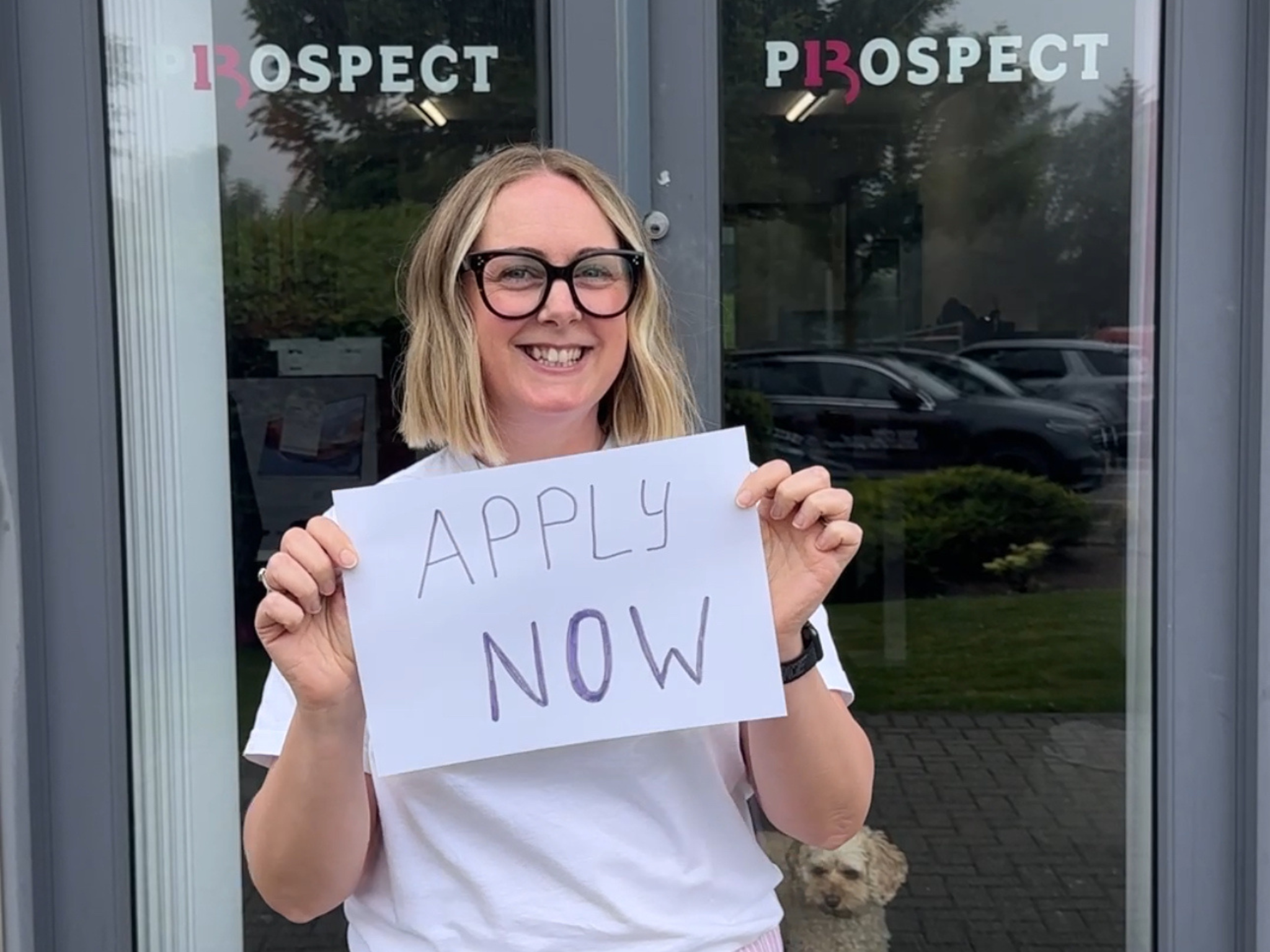With Europe’s largest Offshore Exhibition & Conference taking place on our doorstep next week, not to mention the number of targeted industry events and client engagement activities we have supported in recent months, the timing felt right to discuss using events as an effective marketing tool.
Events might seem like unfamiliar territory in an increasingly digital obsessed world. However, when part of a wider integrated marketing strategy and managed well, events offer the opportunity to connect directly with the target audience to create a lasting and powerful impression of your company that any digital marketing campaign would never achieve.
“Companies must consider live events as an extension of their brand and content marketing and build events that really engage. For me that means thinking about the customer experience you REALLY want to portray.” – Craig Hanna, EVP North America, Econsultancy
Modern consumers want more than just a ‘pitch’ from a company, product or service as they care more to understand the company’s focus, perspective and personality. This is exactly why Prospect 13 and Granite PR’s recent Granite Growth Summit event was such a hit. The stories on stage were not a conveyer belt of dog and pony shows, but instead the speakers shared real life, gritty insights not only what worked, but more importantly what didn’t work for their businesses over the years. This peek inside their business showed who they really are, and this is powerful when it comes to effective marketing. People don’t want to be sold to, they want to learn and make their own informed decisions.
Events are an important element when making these decisions as they can act as the catalyst to create the ‘face-to-face’ personal connection that consumers look for and will drive the company’s brand engagement.
Like many marketing tactics, the options for events are endless and they come in all shapes and sizes, differing from industry to industry and from product to budget. Throwing a summer music festival might work for one company, whilst exhibiting at a conference might work for another. It’s not about the size or budget you have, it’s about how you use the event to your advantage to make it an influential marketing tool.
To do this, events should follow the same 5 key components;
- Understanding the value
80% of marketers agree that live events are critical to their company’s success, as they fully understand that events need to provide value to both the company and the consumer. There is no point hosting or exhibiting at an event if there is no beneficial gain for the company, likewise, why would you invite your client and prospects to attend an event if they don’t obtain anything from it. Apple is a great example of this. They regularly host live events to launch new products. Apple benefit from the mass ‘hype’ generated by the consumers and in return, their biggest advocates benefit from the first glimpse of the latest technology.
- Streamlining goals
Everyone wants to achieve different outcomes from events so it’s important to remember why you are taking the time to invest and plan an event. Objectives are key but keep this simple. Going overboard with too many goals can be confusing and damage your return on investment as you try to find ways to achieve them all. However, by streamlining your goals to a few specific objectives, you have the ability to create a more powerful marketing event that can shape your audiences’ behaviours towards your company and ultimately become your consumer.
- Creating engagement online
We realise events create a different level of engagement that is more ‘personal’ than digital experiences, however, to really elevate the event, it must go hand-in-hand with digital tactics. 88% of brands use social media to increase awareness before an event as it helps generate anticipation and a sense of excitement around the event. There are several creative ways to create online ‘hype’ for your event; whether that be creating pre-event videos, hosting competitions, building up suspense with an online calendar countdown or offering sneak peeks of event highlights.
However, it shouldn’t stop there. Being active on social media should continue during the event with live posting and just as important after the event. The more content you make around the event and engage in the designated ‘hashtag’ the more buzz and widespread awareness of your event will be seen.
- Look at what’s trending
Tuning in to the latest event trends will also help to keep your strategy forward-thinking, modern and keeps the consumer on their toes. Two of the biggest trends for 2019 are events with “more purpose” where consumers expect events to be more socially responsible. “Venues with a story” is also trending with companies looking for unique and exciting venues to ‘wow’ their consumers and make it a more memorable event.
PLUG: Granite Growth Summit incorporate both trends. Our event had a clear vision of what our delegates would get from the event and the purpose to learn about growth strategies for your business. It was also hosted in a very unusual venue at the International School Aberdeen (ISA) because this was the perfect stimulating, learning environment which just happens to be a super impressive facility that exceeded all our expectations!
- Proactive, efficient follow-up
You’ve planned, attended and delivered a successful event. So what next? Evaluation and creating a follow-up strategy is just as important. Follow-ups typically consist of an e-mail rounding up the event, but more importantly, a wash up meeting with key people involved is a must. A survey from attendees is also crucial to continue learning and gain deeper feedback and insight. Of course, you can get creative with social media rounds ups, share photos and videos, offer a special promotion or simply thank everyone for attending. All of the above should be part of your strategy to ensure your brand remains fresh in the minds of your stakeholders.
So, next time you are planning an event, keep in mind the 5 key components as a foundation for your event planning so they become a more powerful marketing tool that is connected to your wider targeted strategy.




